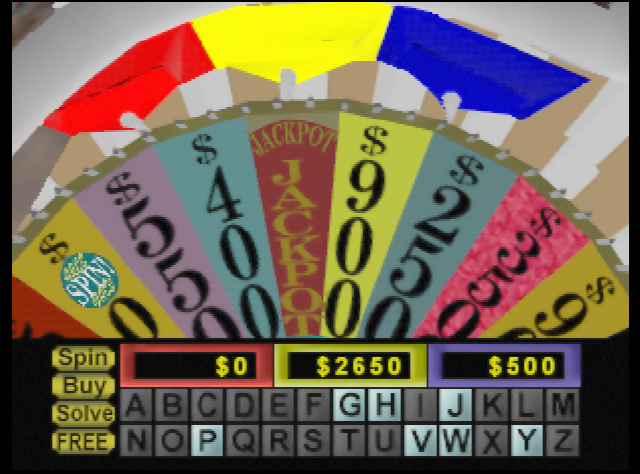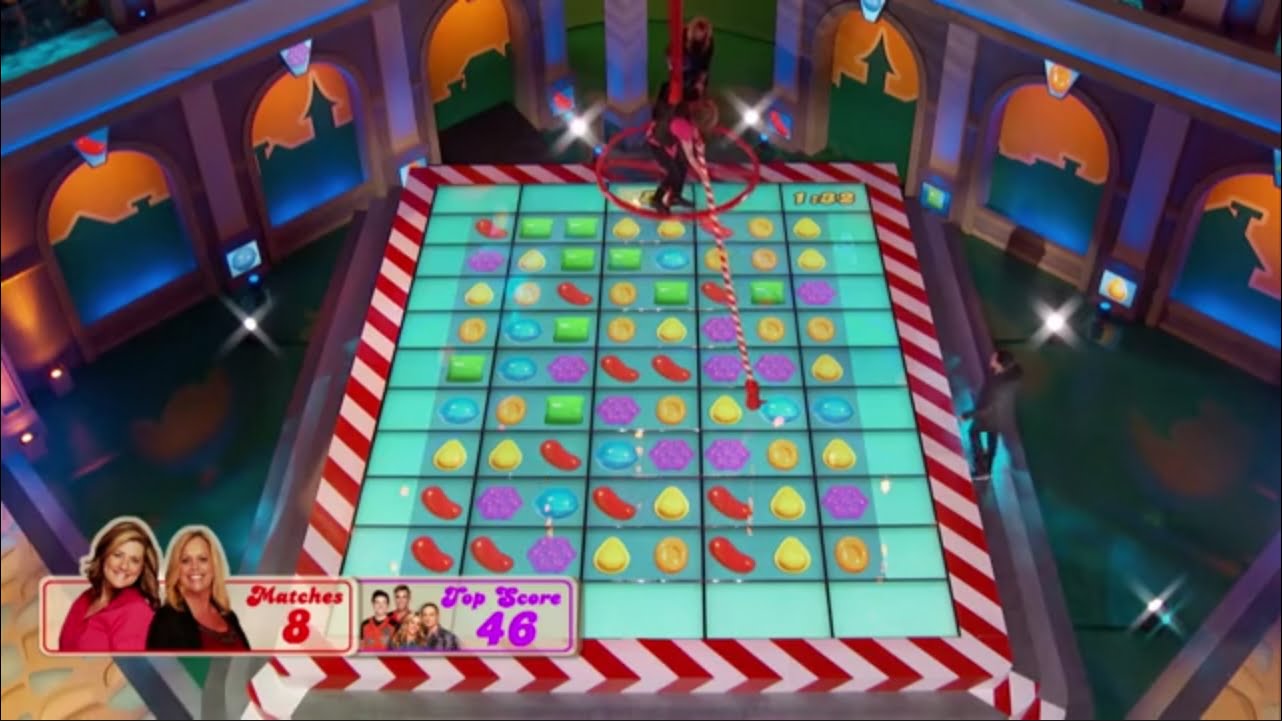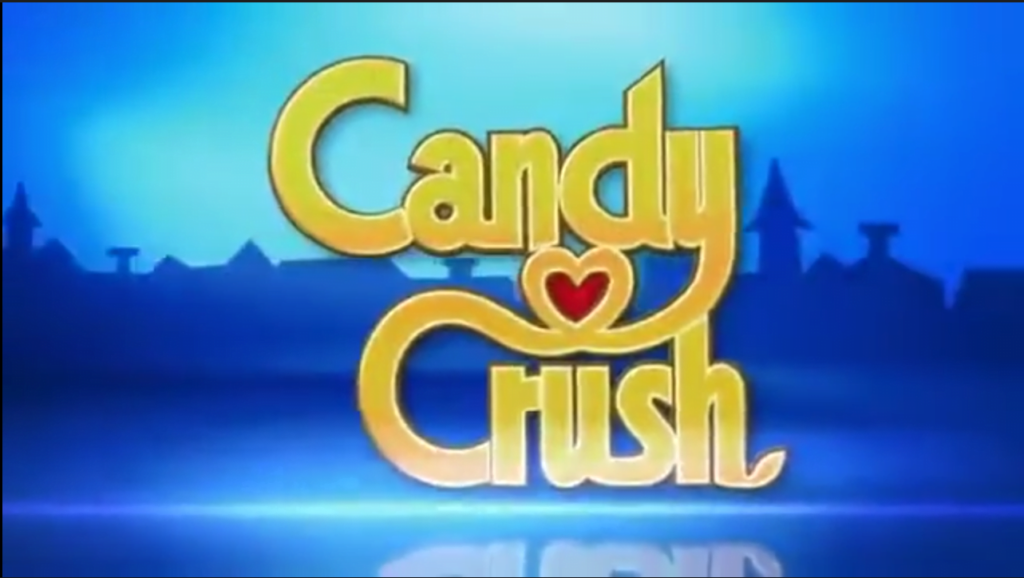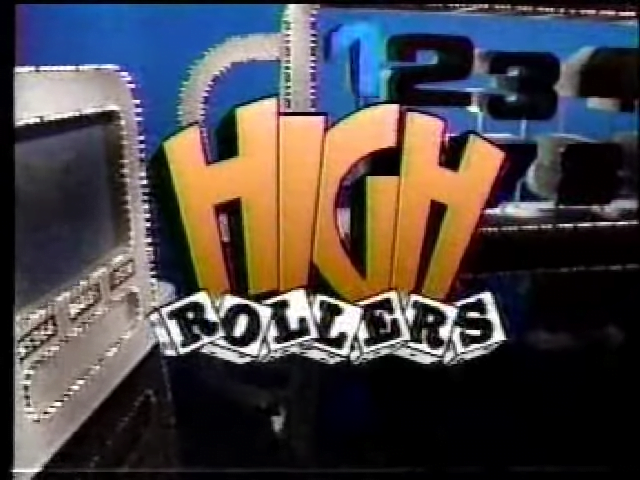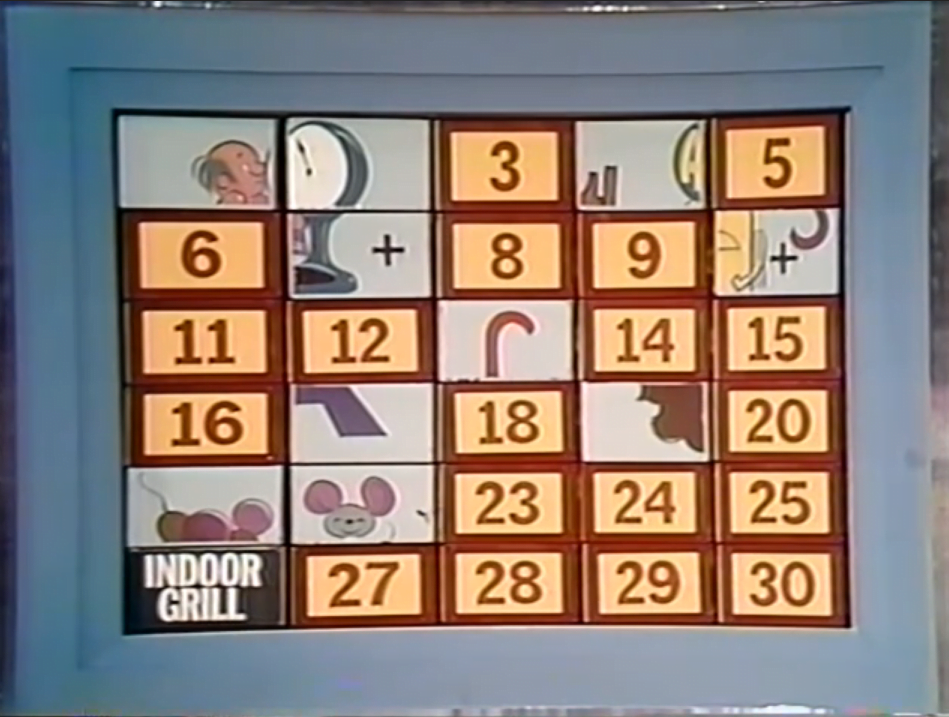Around 1989, a plucky little sports competition show debuted that captured the hearts and minds of Millennials everywhere: American Gladiators, a show where contenders fought against “gladiators,” men and women who had background in stunts, sports or otherwise. Its campy stadium-like presentation combined with the play-by-play commentary of hosts Mike Adamle and Larry Csonka – with a few other folks before and after – it seemed like peak weekend viewing, after the Saturday morning cartoons have ended and you want something else to watch in a pre-internet world. (As a funny coincidence, there’s been rumblings of a new version of AG casting as of this writing, which has me mildly optimistic. Can’t be any worse than the 2008 version where they thought letting Hulk Hogan host was a good idea.)

The original American Gladiators went off the air in 1997, which lead to a slew of imitators like Battle Dome to take the space. But even during AG’s peak, there were shows taking the formula and putting it in different environments. Stuff like Knights and Warriors leaned more into American Gladiators original intent of being a competition with a bit of a Medieval Times-like theme to it. There was a kid-focused spinoff called Gladiators 2000 featuring a then-unknown Ryan Seacrest. Even Nickelodeon GUTS likely took inspiration from American Gladiators. But there was one of these shows that captivated not just the game show nut in me, but also my friends who weren’t even that big into game shows. That show was Wild West Showdown. Grab your cowboy hat and boots, y’all, we’re heading into the old wild west for this one.

Wild West Showdown was a short-lived, mostly forgotten American Gladiators clone that aired for one season in 1994. Produced by The Samuel Goldwyn Company and Four Point Entertainment – the same companies that produced American Gladiators – their approach was to take their formula and give it a new twist. While it might seem gauche to rip off your own show, it’s not uncommon: When Allan Sherman and Howard Merrill was pitching a show to Mark Goodson/Bill Todman Productions, I’ve Got a Secret, they pointed out it was basically a ripoff of their existing show What’s My Line?. To which Sherman reportedly said, “You might as well, because if you don’t start copying your shows, someone else will.” (This comes from a memoir from former Goodson/Todman staffer Gil Fates about the history of What’s My Line? and may not be 100% accurate.)
Taking place in the fictitious town of Broken Neck, the town is constantly harassed by outlaws – this show’s versions of the gladiators – and it’s up to three cowpokes to try to stop the outlaws and hopefully make off with a bit of money in the bank.

Our host is “West,” played by the late, great Alex Cord, a veteran character actor. Most people will probably know him best as Archangel in Airwolf, a TV series I’ve never seen but cannot deny has quite the banging theme song. While I initially thought this was strange casting at first, it made more sense when I found out he’s been in a handful of western films, as well as bit parts of some notable western TV shows like Gunsmoke. So in essence, this was perfect casting. Cord gives off a storyteller style to the proceedings, talking about the town, its outlaws, and the game outcomes.

Alongside West, the contestants are interviewed by the local town reporter, K.C. Clark, played by Lisa Coles. She tends to fill the co-host role like in American Gladiators, where she interviews contestants after the game, getting their thoughts on how they did, and telling them if they won or not. So even though the show leans a lot into the wild west theme, there’s still a tinge of the show’s inspiration there.
Partway through the run, they introduced a play-by-play announcer, Joe Fowler, who replaces Cord’s play-by-play while trying to be a part of the proceedings off-camera. This honestly was a grave mistake. While Wild West Showdown is inspired by American Gladiators, Fowler’s commentary feels incongruous to the rest of the show’s overall theme, and completely kills the style the show is going for.
The rules go a little something like this: Three cowpokes – usually two guys and one gal – compete.

Each of the games varied from show to show, usually with one cowpoke against one of the outlaws in various events, such as climbing a water tower to grab the fuse out of a stick of dynamite, “Rawhide Drag,” where the cowpoke has to grab the harness off a lasso while being dragged by an outlaw in the fastest time, or “Runaway Stagecoach,” where they catch a runaway stagecoach the fastest. Each game is for $100 cash, with the last game being for $200.
(more…)




